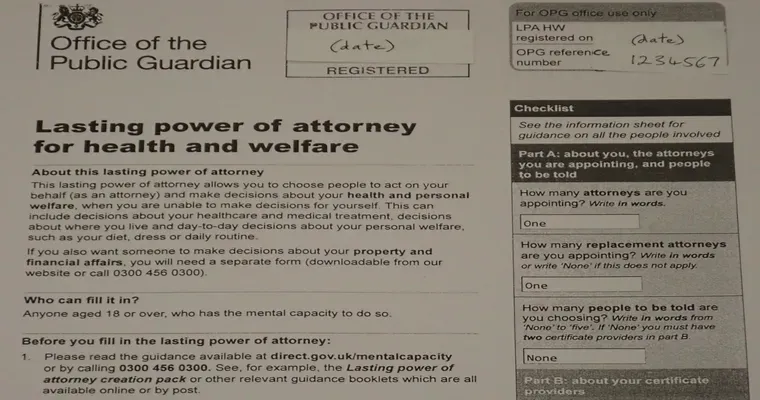When it comes to managing finances, "financial guardians" play a crucial role, especially for individuals who cannot manage their financial affairs due to various reasons such as mental incapacity, age, or illness. However, there are several "issues with financial guardians" that can arise, leading to potential conflicts, misunderstandings, and even legal disputes. In this article, we will explore some of the most common problems associated with financial guardianship, highlighting the importance of choosing the right guardian and ensuring proper oversight.
One of the primary issues with financial guardians is the lack of "transparency" in their decision-making processes. Many guardians may not adequately communicate their actions or the rationale behind their financial decisions to the individuals they are meant to protect or to their family members. This lack of transparency can lead to distrust and anxiety among family members, who may feel that their loved ones are not being treated fairly or that their financial resources are being mismanaged.
Another significant concern is the potential for "abuse" of power. Unfortunately, some financial guardians may exploit their position for personal gain, whether through misappropriation of funds or by making decisions that benefit themselves rather than the individual they are supposed to support. This situation can be especially troubling when the guardian is a family member or close friend, as it can create emotional turmoil for the entire family.
In addition to abuse, there is the issue of "incompetence". Not all guardians have the necessary skills or knowledge to manage complex financial matters effectively. This lack of expertise can lead to poor investment choices, missed payments, or failure to take advantage of financial opportunities. When guardians do not possess the required financial acumen, it can jeopardize the financial well-being of the person under their care.
Moreover, the "cost" associated with hiring a financial guardian can be another significant issue. Professional guardianship services can be expensive, which may deplete the resources of the individual needing assistance. In some cases, families may feel pressured to choose a guardian based solely on affordability rather than qualifications, which can further exacerbate the potential for mismanagement.
The emotional strain on both the guardian and the individual they are caring for can also create complications. Being a financial guardian is a demanding responsibility that can lead to "caregiver burnout". Guardians may feel overwhelmed by the weight of their responsibilities, leading to stress and potentially poor decision-making. On the other hand, the person under guardianship may feel a loss of autonomy, leading to feelings of resentment or depression.
To mitigate these issues, it is essential to establish clear "guidelines" and expectations from the outset. Regular audits and oversight can help ensure that financial guardians are acting in the best interests of those they serve. Additionally, creating a support network that includes legal and financial professionals can provide valuable resources and advice, ultimately safeguarding the interests of the individual.
In conclusion, while financial guardians can provide essential support for individuals who need assistance with their finances, there are numerous issues with financial guardians that must be addressed. Transparency, avoiding abuse, ensuring competence, managing costs, and recognizing the emotional strain involved are all critical factors in creating a successful guardianship arrangement. By taking proactive steps to address these challenges, families can help ensure that their loved ones receive the care and protection they deserve.





